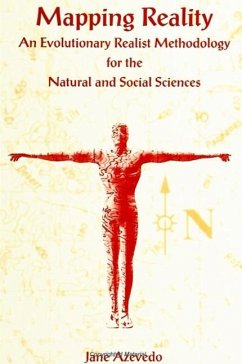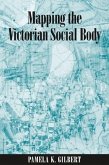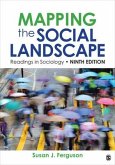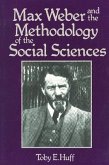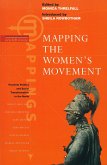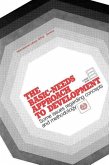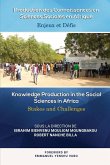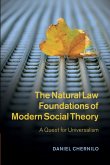Using the insights of evolutionary epistemology, the author develops a new naturalist realist methodology of science, and applies it to the conceptual, practical, and ethical problems of the social sciences. With postmodernism and postructuralism sweeping the social sciences and humanities, a whole generation of students from disciplines as diverse as history, English literature, philosophy, sociology, and anthropology are learning that "truth" is bogus -- a tired old liberal humanist fiction. Language is incapable of telling the truth, and science, nothing but a socially constructed discourse, functions to maintain the status quo. There is much to be said for this point of view, but ironically, relativists face precisely the same quandary, for if all claims to knowledge are equally valid, then de facto the knowledge claims of the most powerful are the ones disseminated and acted upon. This timely book offers a way out of the current realist/ relativist impasse. Azevedo uses the insights of evolutionary epistemology to develop a naturalist realist methodology of science, the "mapping model of knowledge", and applies it to solving the conceptual, practical, and ethical problems faced by sociology as a discipline. The model is developed from the practice of the natural sciences, and comes with an easily applied and powerful heuristic based on mapping, filling the gap left by the downfall of positivist and empiricist methodologies.
Hinweis: Dieser Artikel kann nur an eine deutsche Lieferadresse ausgeliefert werden.
Hinweis: Dieser Artikel kann nur an eine deutsche Lieferadresse ausgeliefert werden.

